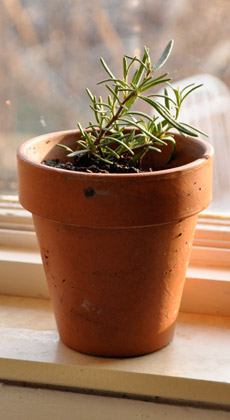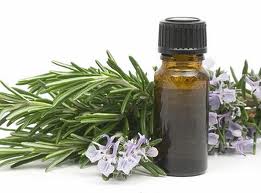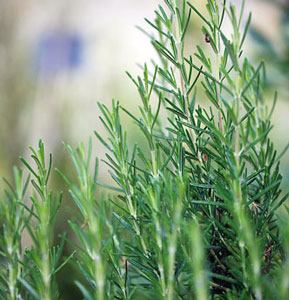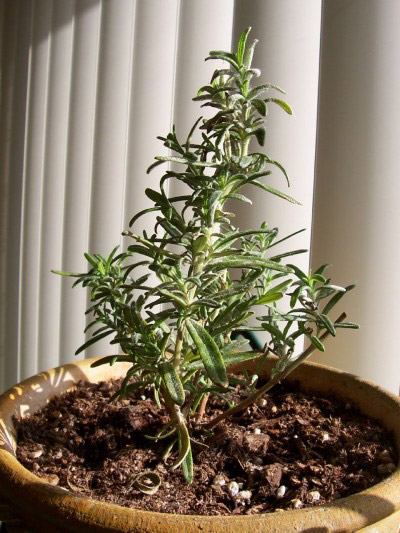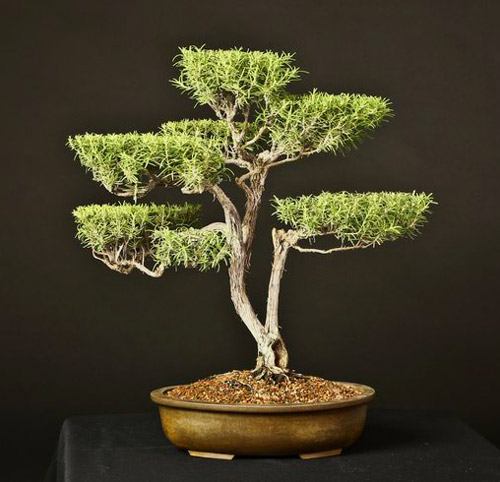Rosemary has been used in medicine for over 2,000 years, and when distillation of rosemary essential oil became possible, its popularity surpassed that of many other effective remedies. The use of rosemary in treatment is well-justified by its chemical composition .
Hungarian Queen Isabella treated gout with rosemary tincture and popularized the alchemic concoction known as “Queen of Hungary’s Water.” Rosemary tincture was used in massages to relieve rheumatic pain, and also taken internally to aid digestion.
15th-century Rosemary Tincture Recipe: Distilled rosemary flowers, fermented with honey.
Rosemary contains carnosic acid, which helps prevent age-related tissue damage in the brain and reduces the risk of Alzheimer’s disease. It also protects neurons from the harmful effects of the E250 food additive and lowers the risk of cancer.
Medicinal Properties of Rosemary:
- Choleretic (promotes bile flow),
- Diuretic,
- Analgesic (pain relief),
- Tonic,
- Energizing in cases of fatigue,
- Regulates the menstrual cycle,
- Treats cholecystitis and stomach disorders,
- Effective for angina, bronchitis, asthma,
- Reduces bloating,
- Externally used in compresses for ulcers, abscesses, boils,
- Used for douching in female conditions,
- Mouth and throat rinsing.
Rosemary essential oil is often added to baths, and a solution with alcohol and rosemary essential oil can be used during massages to relieve rheumatic pain. For hair loss, rosemary infusion is massaged into the scalp.
The scent of rosemary essential oil calms the nerves and helps alleviate stress.
Homemade Rosemary Oil:
Place several sprigs of rosemary in a bottle, fill it with olive oil, and let it steep for six weeks in a cool place. Afterward, strain the mixture and store the rosemary oil in a dark bottle.
Rosemary Tea:
Pour boiling water over 2 teaspoons of dried rosemary leaves and steep for at least an hour, then strain. Drink one-quarter of a glass before meals. This tea can also be used for rinses, compresses, and douches.
